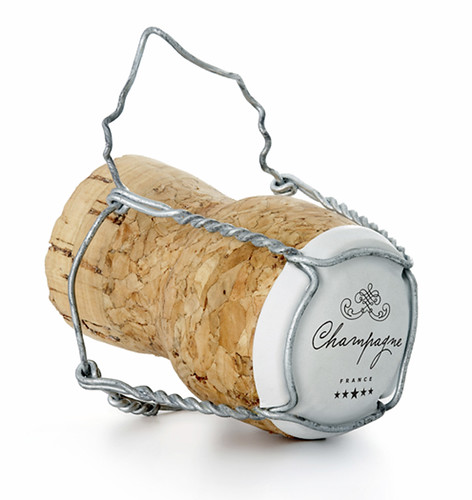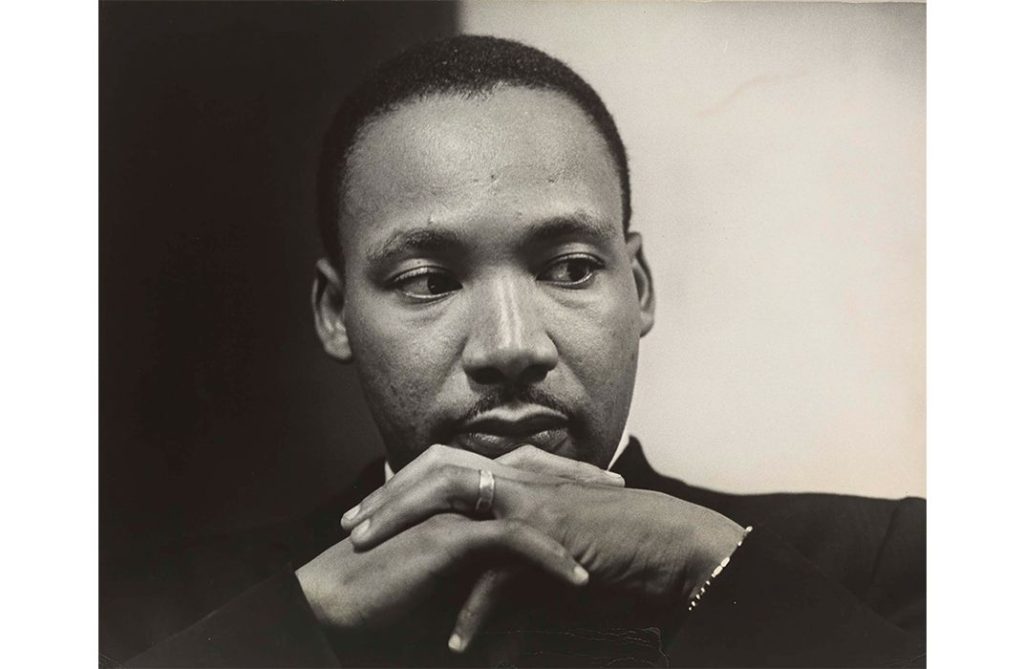
Here are 20 everyday things (objects and phenomena) that surprisingly have their own not-so-well-known names. How many do you know? How many can you guess?
Continue reading

Here are 20 everyday things (objects and phenomena) that surprisingly have their own not-so-well-known names. How many do you know? How many can you guess?
Continue reading
There’s a grammatical moral* to this unshaggy dog story…
Continue reading
Two big brands had red faces in recent days thanks to typos on their commercial products. Here’s how they handled their respective boo-boos.
Continue readingToday I learned something new, about the way a name is “properly” pronounced. Even though this is a name I hear almost every day in my professional life (and I even used to pass the famous building that bears its name every day when I worked in an office), I never really thought about how it should be pronounced. Take it away, YouTube …
***
Hat-tip to Max for bringing it to my attention.
Another poem in Glosso’s pandemic poetry collection, this time from Kitty O’Meara in 2020. Continue reading
Poet Amanda Gorman reads her poem ‘The Hill We Climb’ at the inauguration of President Joe Biden.
“In my poem, I’m not going to in any way gloss over what we’ve seen over the past few weeks and, dare I say, the past few years. But what I really aspire to do in the poem is to be able to use my words to envision a way in which our country can still come together and can still heal. It’s doing that in a way that is not erasing or neglecting the harsh truths I think America needs to reconcile with.” – Amanda Gorman
* * * * *

Martin Luther King Jr. Day is a federal holiday in the US, marking the birthday of the American Baptist minister and activist who became the most visible spokesperson and leader in the civil rights movement. King is known for advancing civil rights through nonviolence and civil disobedience; he is also remembered for his eloquent words of truth and wisdom. Here are some of them.
Continue reading
Glosso’s earlier post Outside baseball: 20 words & expressions that came right off the batting field is a Glosso-follower favorite, so we decided to harvest, metaphorically, another type of field: this time the green, farmyard kind. We’ve dug up a selection of 38 expressions whose seeds were sown in farming and agricultural lingo. And we’ve dug up their origins and early citations when we’ve managed to unearth them.
Continue reading“It came out of left field”; “she threw me a curve ball.” These sayings — and others like them — might have started “inside baseball”, but they’ve traveled outside the ballpark and taken root in our everyday language, especially in the mouths of North Americans. Here are 20 words and expressions that came right off the bat, or out of left or right field. Please feel free to add any others I’ve missed in the comments section below. [Update, March 2019: a new – 21st – entry has been added: thanks, Candice. Update, Jan 2021: In the run-up to Glossophilia’s 10th birthday we’re republishing our most popular ten posts. Here’s no. 9.]
1) Ballpark: Continue reading

David Cornwell, the master of espionage thrillers, wrote under an assumed name for a simple and fitting reason, which he explains in his own words below. But when John Le Carré was asked in interviews over the years how he came up with his nom de plume, he would claim somewhat evasively (and he has admitted to his duplicity in this matter) that he couldn’t remember the reasoning behind it; that the mystery of his name was in keeping with the work of his younger self and his fictional protagonists, and was anyway lost in the corners of his faded memory.
However, in two rare interviews – in 2008 and 2010 respectively – he surprisingly came clean on the subject. (Assuming we believe him…) First, in a conversation with Mark Lawson for the BBC, when asked about the story behind and inspiration for his assumed name, he gave the following explanation:
MARK LAWSON: “Of course it was entirely appropriate that you as a – as an intelligence officer, a spy, you were using a cover identity, a pseudonym – but you had to: that was a professional requirement?”
JOHN LE CARRÉ: “Well it wasn’t a professional requirement to be John Le Carré: that was just the ethic of the business. If I had been at the regular foreign service, the same thing would have applied. If you wrote a book about butterflies in those days, as David Cornwell, you had to find another name to publish under: that was the ethic of the time. Choosing Le Carré: it was an erratic, weird thing. I went to Victor Gollancz, who was my first publisher, and said: ‘Victor, I have to choose a pseudonym.’ And he said, ‘Well, my boy, the best thing you can do is choose two good Anglo-Saxon syllables – like Chuck Smith, or something like that: that would be good.’ And I thought, no I won’t do that. What I need is a name that is optically arresting – like N-G-A-I-O Marsh. And I made up a name with three bits, and an acute accent at the end. And it’s also a coded name: carré in French means – er – a balle carré is where the girls ask the boys to dance; carré also means “check suit”; and at roulette, if you have a numero carré, you put a chip on each corner of one number. So it had some nice little – it was a little “inward joke” – and I never thought I was going to have to live with it on that scale.”
Two years later, when he appeared on Democracy Now! in conversation with Amy Goodman, she posed the same question – and he offered two of the same French ‘nuggets’ that he had given to Lawson: the girl-led dance and the roulette bet. But while leaving out the checked suit, on this occasion he threw in a further sense of the word carré – which I happen to think is the most amusing and fitting and slightly dubious reason for his chosen French moniker, which I reckon probably sealed the deal for David Cornwell. The excerpt from their conversation transcript follows:
AMY GOODMAN: “Explain where John le Carré came from.”
JOHN LE CARRÉ: “Well, I’ve told a lot of lies about that in my time, I have to confess. I began writing when I was still in the British Foreign Service, and it was then understood that even if you wrote about butterfly collecting, you used another name. So the fact that I was in a secret department does not play a part.
“I think I decided that I needed three pieces to a name, that they would arrest the “I” and put an accent on the last part. Then the word carré in French has a bunch of ambiguous meanings. A balle carrée, for example, is a dance where the ladies ask the men to dance. Carré at roulette, if you put a numéro carré, you put a counter on each corner of a number. And so it goes on. And I think an homme carré is a little bit of a dubious guy. That seemed to me to suit me perfectly at that time.”
* * * * *
Here are some of the various terms we use to describe an assumed name in different contexts. Please add any I’ve missed in the comments section below.